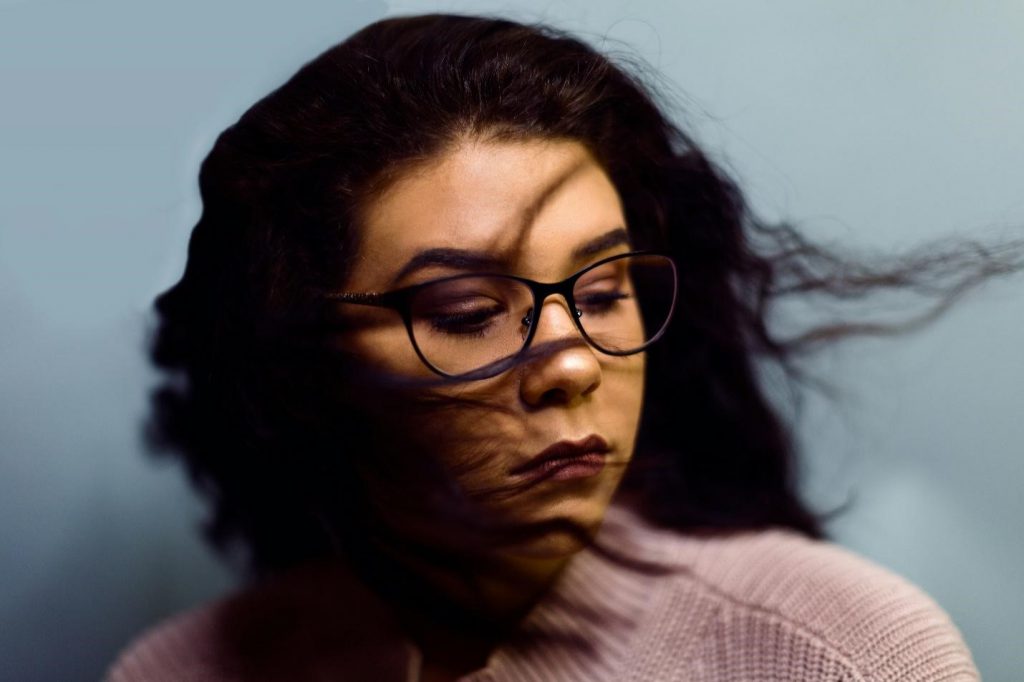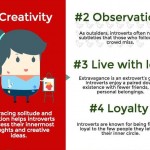
Did you know that four billion people around the world wear glasses? And yet, despite this large number, when most people think of a person who wears glasses, one image probably pops into their head: a wallflower who doesn’t like being the center of attention and would rather keep their nose in a book. Movies and TV shows would have us believe that popular, extroverted kids are much less likely to wear glasses. But is it really true that all introverted people like us wear glasses? Believe it or not, researchers have gotten to the bottom of this question already.
In an older study of over 630 twins and over 270 family members, researchers looked for a connection between myopia and introvertedness – but didn’t find any links. In more recent research, scientists tried to see whether extroverts or introverts were more likely to be addicted to their smartphone. After all, increased screen time makes you more likely to need glasses.
The end results showed that both extroverts and introverts can get equally addicted, even though we use our phones for different reasons than they might. That said, screen time is just one of the reasons we could need eyeglasses, regardless of our personality type. And these days, wearing or not wearing them could carry different meanings in the eyes of others.
Why are introverts associated with eyeglasses?
Glasses affect how people perceive others in terms of intelligence and attractiveness. Being smart is associated with both wearing eyeglasses and being an introvert, which brings people to the conclusion that people in glasses are probably introverted. On the other side of the coin, though, specs wearers are often seen as “less attractive” – we’re all familiar with the movie trope where the character takes off their glasses and turns out to be “beautiful” all along.
While harmless in most cases, these stereotypes can keep some of us from getting glasses even though we know we need them. 75% of visual impairment can be avoided as long as it’s detected and treated early, so it’s essential to know when you might need glasses.
When does someone need eyeglasses?
Glasses are really for correcting vision, minimizing glare, and making it easier for us to read, and wearing them has little to do with how social we are. If you’re anything like me, you’ve probably felt a little insecure or anxious about being judged for needing glasses, and you’ve been tempted to leave them at home, thinking a few hours or days without them won’t hurt – but this shouldn’t be the case. For people asking “Should I be wearing glasses all the time?”: The answer is yes.
Glasses help correct refractive errors such as nearsightedness, farsightedness, and astigmatism. And when you wear them consistently, you can have peace of mind knowing you’re enjoying better, safer vision. You’ll feel less eye strain, too, since glasses will keep your eyes from getting overworked.
What are the reasons introverts, in particular, may need glasses?
Now, while not all introverts wear glasses, we do have habits that could put us at risk for vision issues that glasses can help with. Previously, we talked about how the internet helps introverts connect with communities, like gaming clans or book clubs, without going out of our comfort zone. If you’re a homebody who enjoys spending weekends online, you might be logging a lot of screen hours. The good news is there are ways to stay in touch without a screen involved.
Instead of chatting, try good old-fashioned audio calls using a Bluetooth headset and your phone in your pocket to minimize staring at a screen without feeling like you’re missing out. If your glasses don’t already have them, consider upgrading your prescription with blue light filtering technology to prevent further eye damage.
All introverts could benefit from increased time outdoors – just know that outdoor time doesn’t have to mean socialization. For example, you could listen to a podcast while taking a leisurely walk or grabbing a coffee. Being outdoors enables your eyes to look at much further distances than you would if you were in your room, which helps prevent nearsightedness.
The important thing is to do what’s best for you (and your health), regardless of people’s assumptions about us introverts. Ultimately, our genuine personality will always shine through, whether we wear glasses or not.










